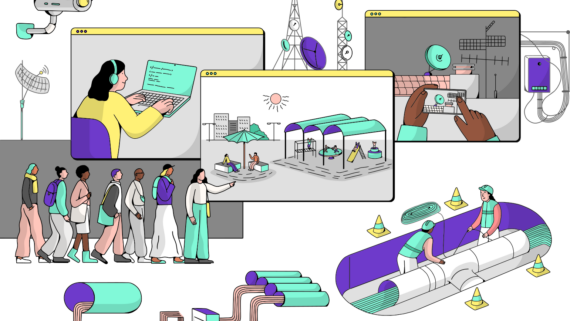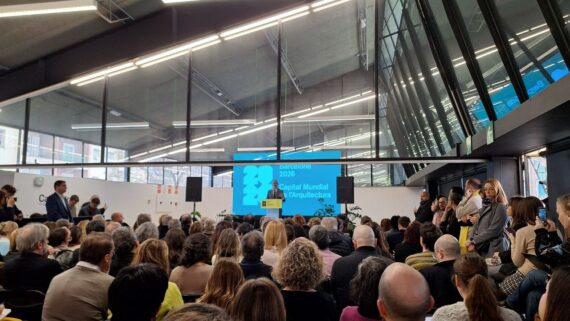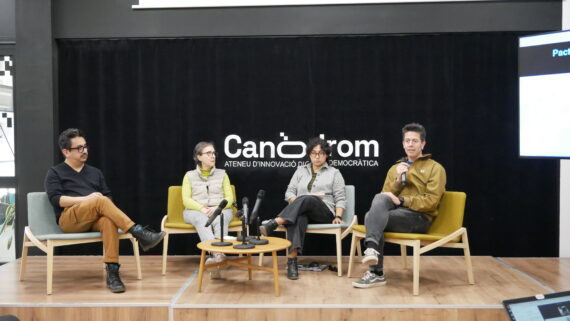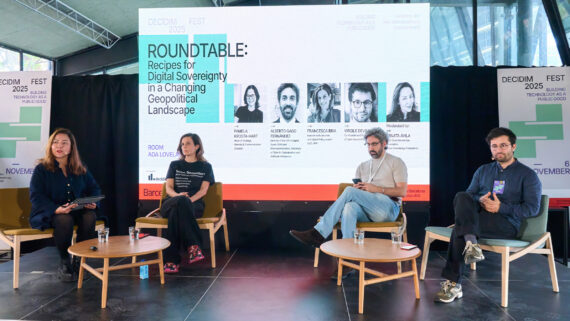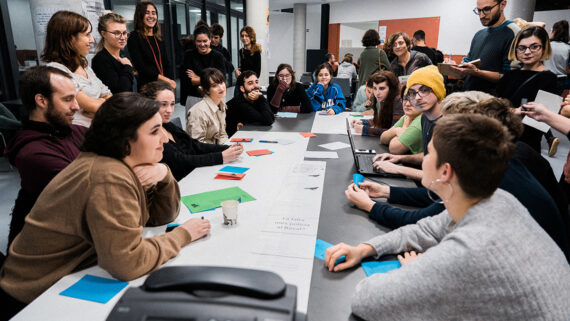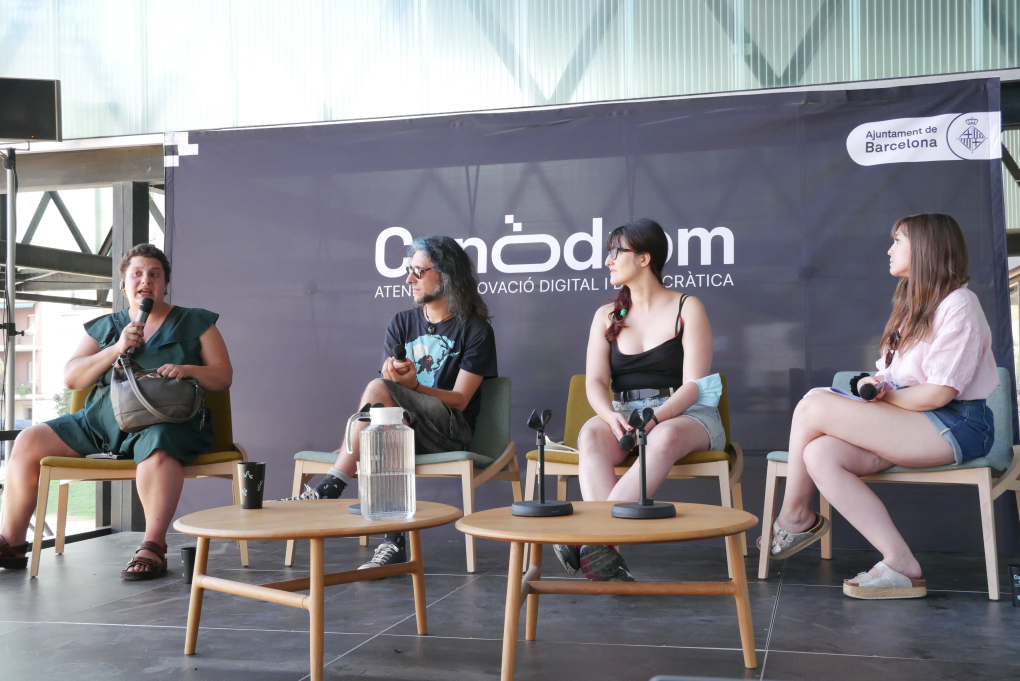
What's in the deepest layer of the Internet? Who are the people who navigate spreading hate speech? Why do the Big Tech allow the existence of these hostile communities, and even they encourage them? On November 25N, the International Day for the Elimination of Violence against Women, we get back to the conversation between writer Talia Lavin and writing collective Proyecto Una, moderated by the journalist Anna Celma.
Proyecto Una and Talia Lavin were on common ground: “Total freedom of expression on the Internet does not exist”. Extremist groups such as white supremacists, incels or the Proud Boys meet in forums or social media to attack, organize, recruit, manipulate and indoctrinate. Their common denominator: contempt for women. In addition, the way digital platforms operate make them a sort of speakers of online misogyny, even for people who consider themselves neutral or apolitical.
North American journalist Talia Lavin, author of The Culture of Hate: A Journey Through the Dark Web of White Supremacy (Captain Swing), and Proyecto Una, writing collective, experts in cute antifascism and authors of Leia, Rihanna y Trump: De cómo el feminismo ha transformado la cultura pop y de cómo el machismo reacciona con terror (Descontrol), met in Canòdrom in order to shed light on the violence that suffer women on the Internet.
Led by moderator Anna Celma -journalist specializing in feminism at Catalan newspaper La Directa-, they reviewed Lavin's odyssey, infiltrating some of the most toxic subcultures on the Internet. Passing for an equal, she entered into the radical movements that are organized through the Internet and that do the impossible to have an impact on public opinion. Talia Lavin warned: “If you close your eyes and ignore Godzilla, it's still going to eat your family”, while cheering to take collective action. Because only if we understand what motivates hate online, we can counterattack it.

